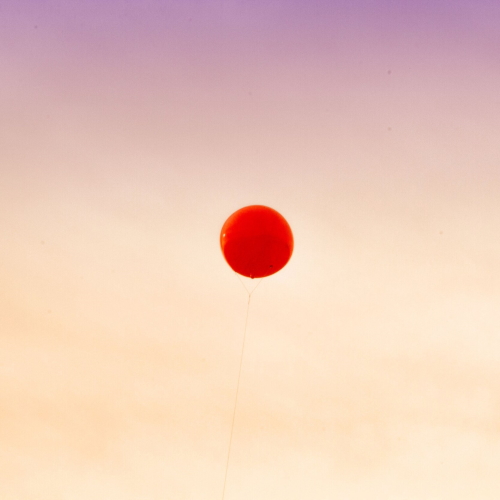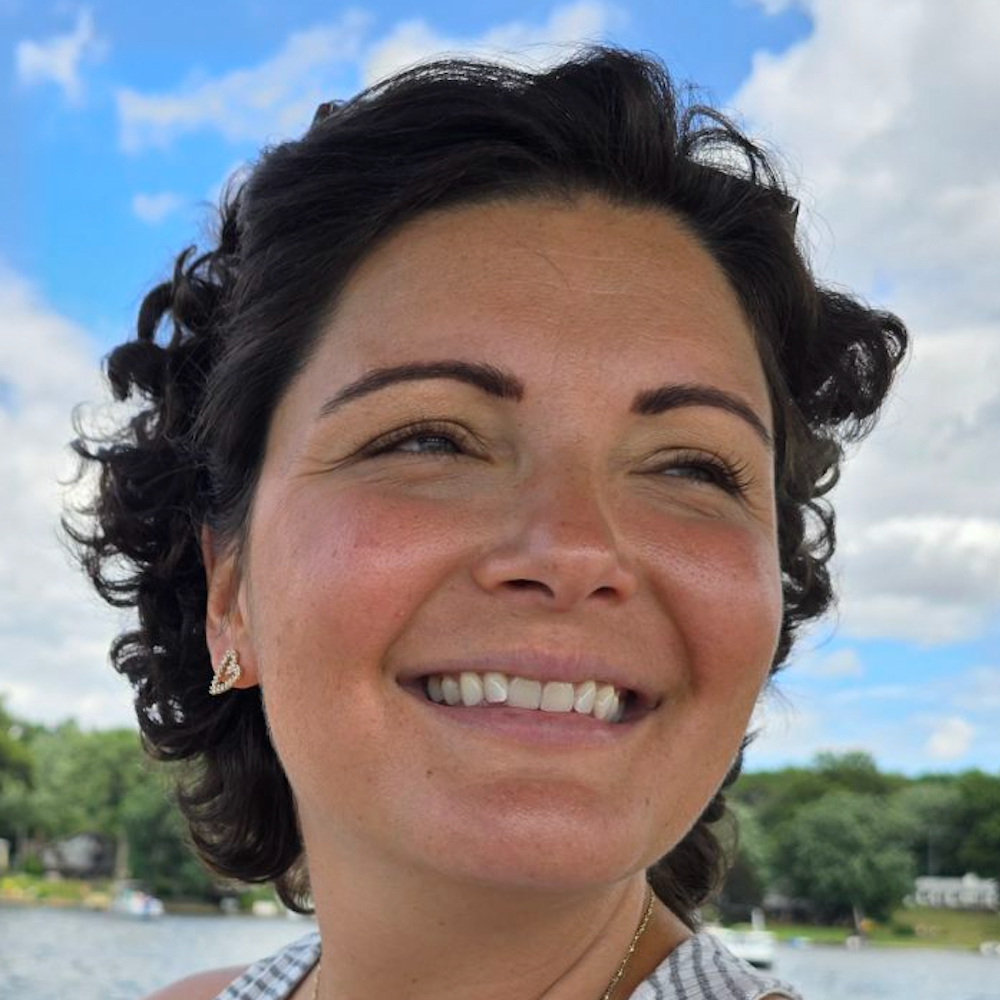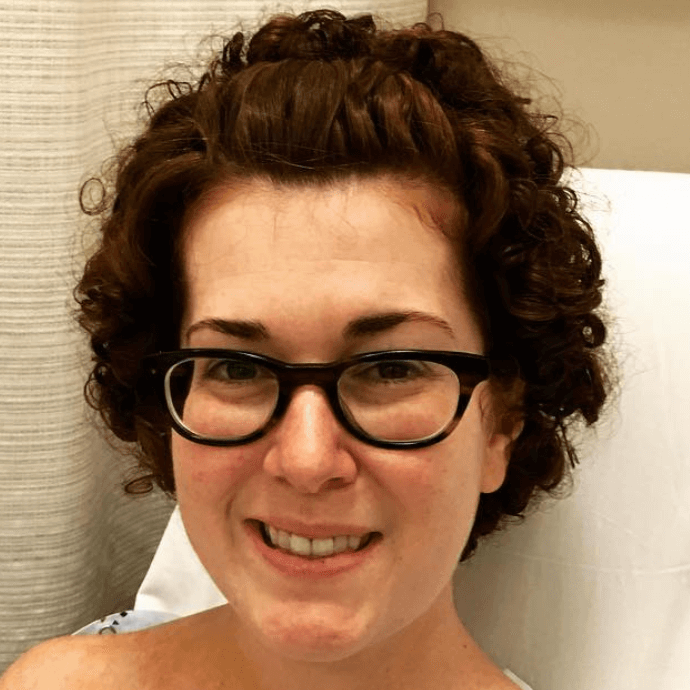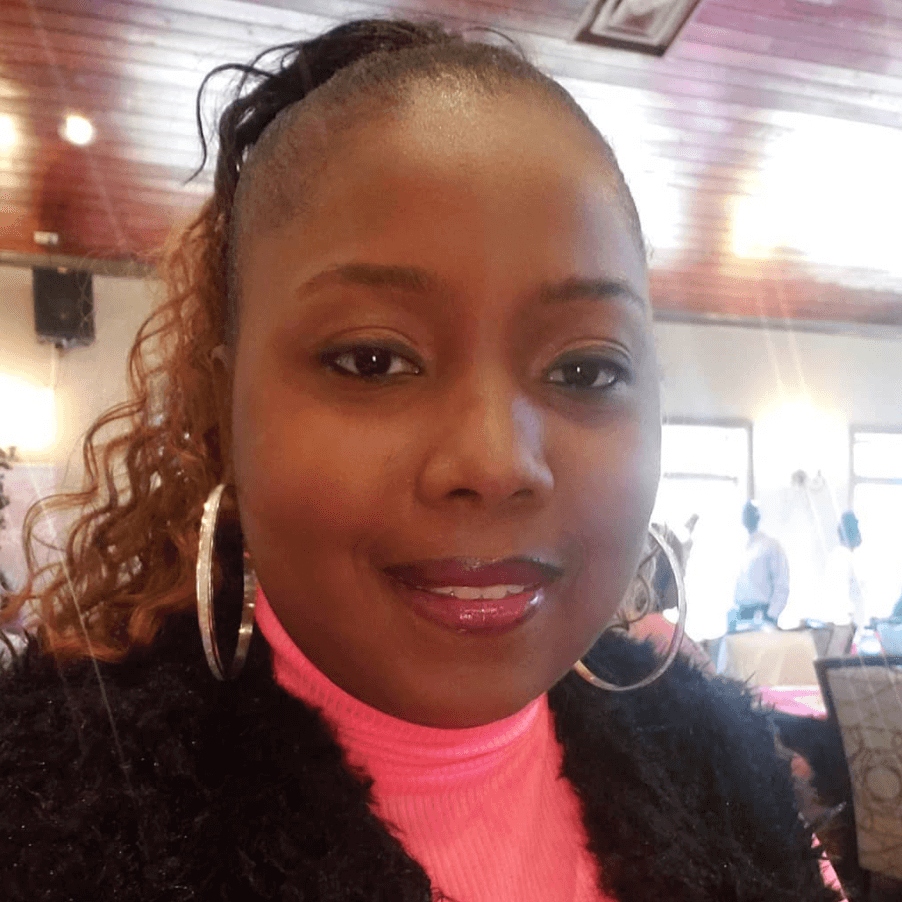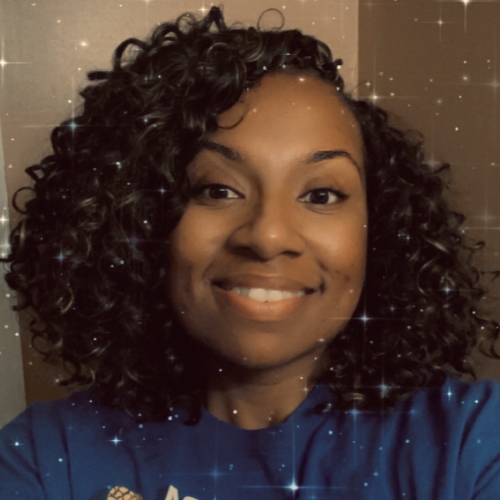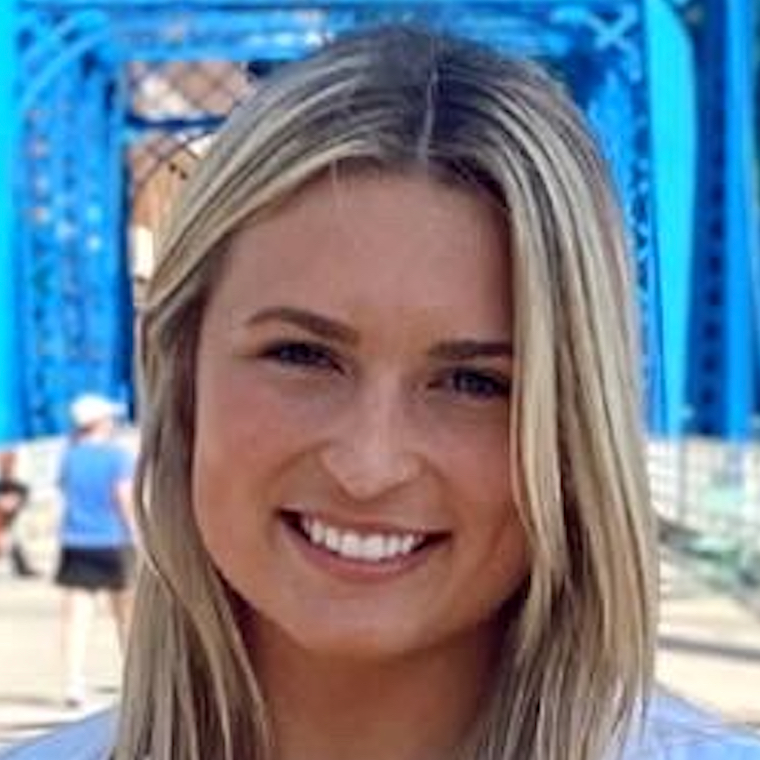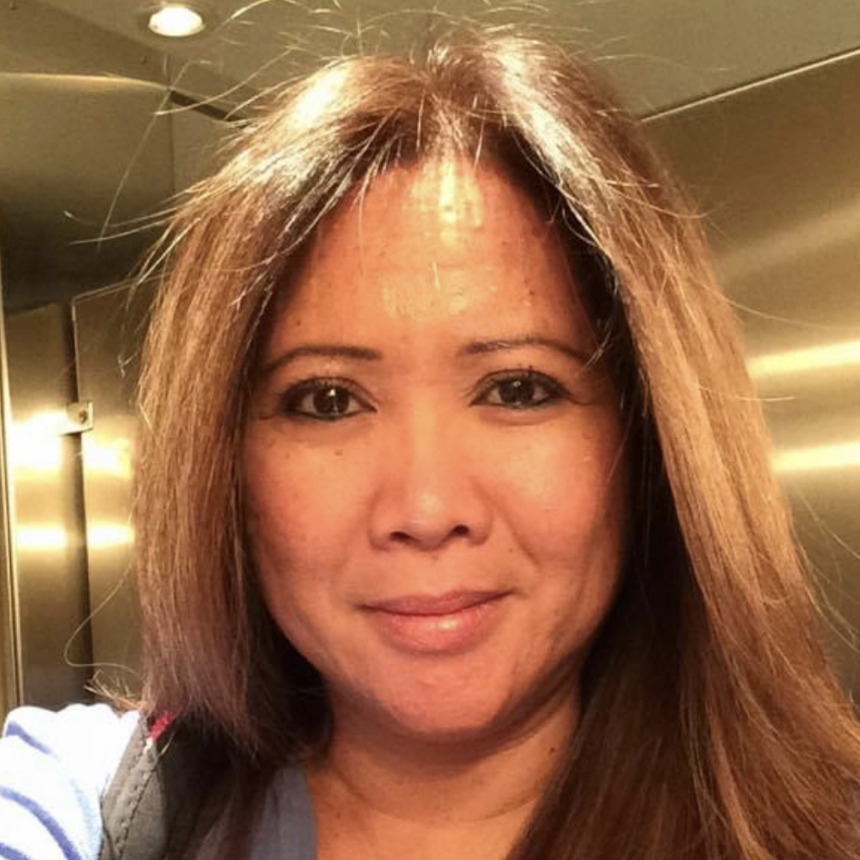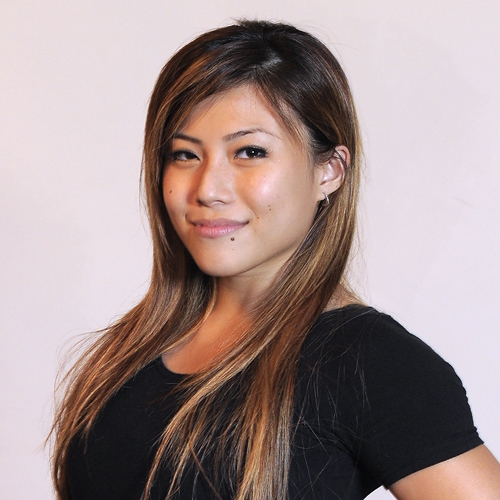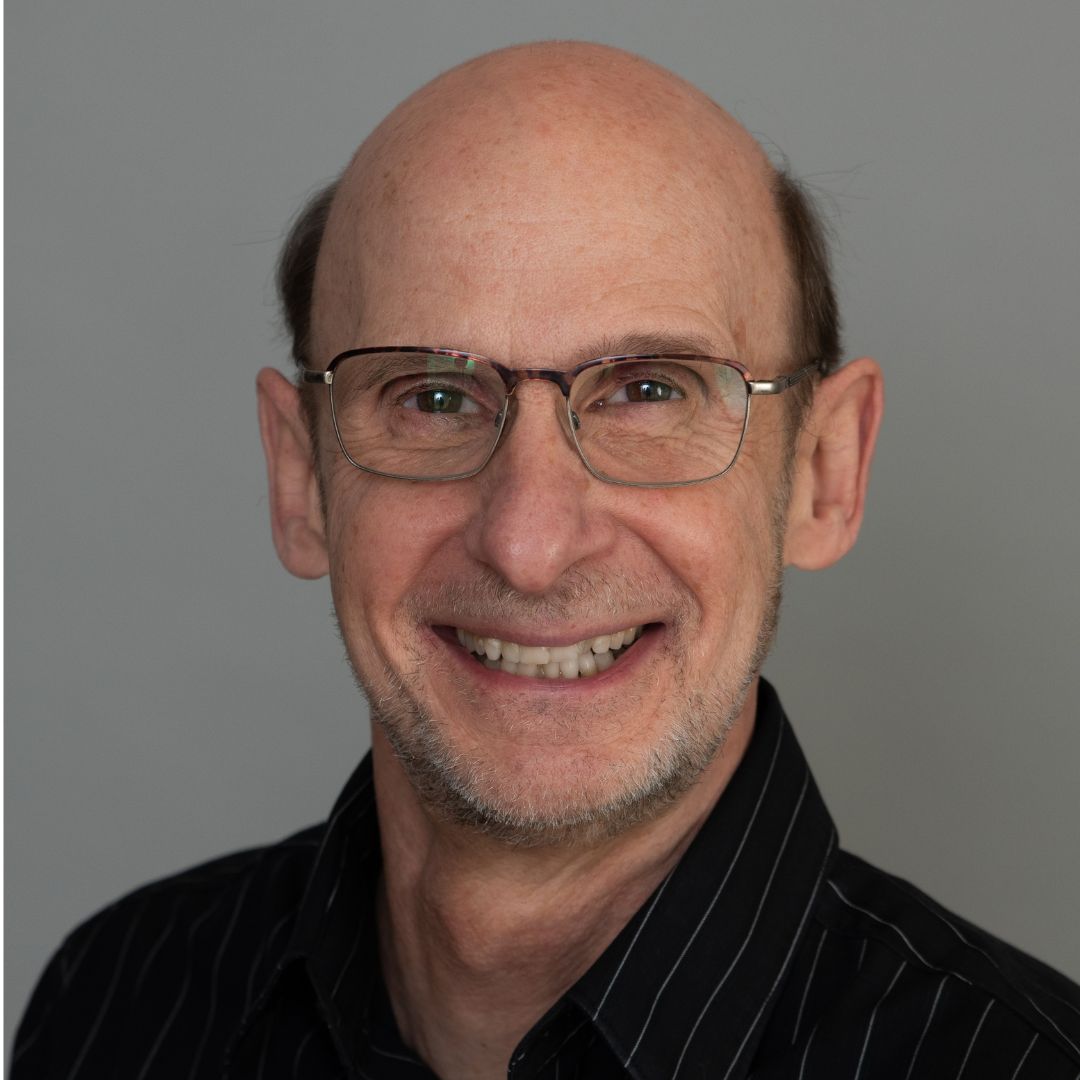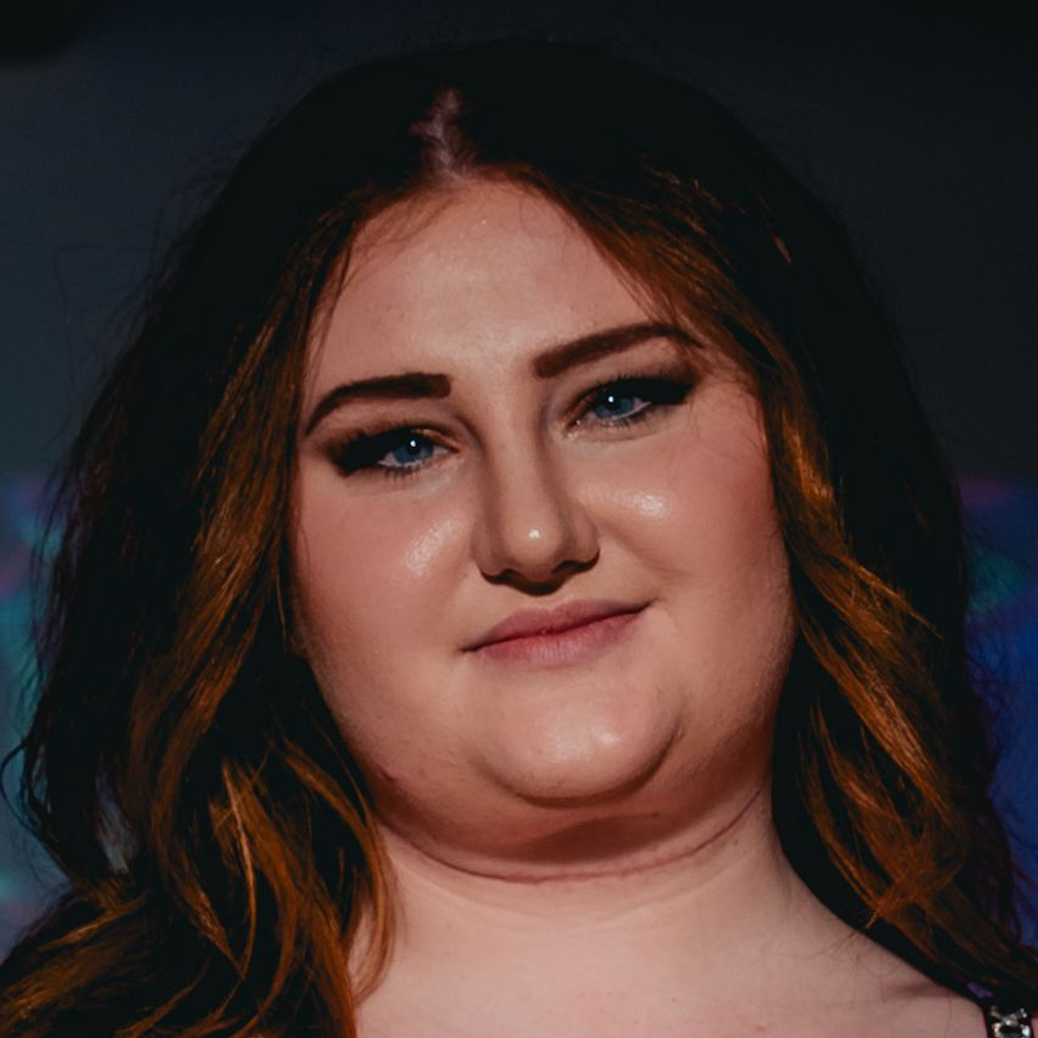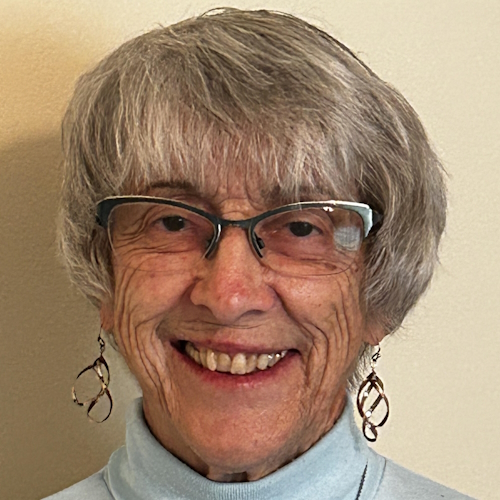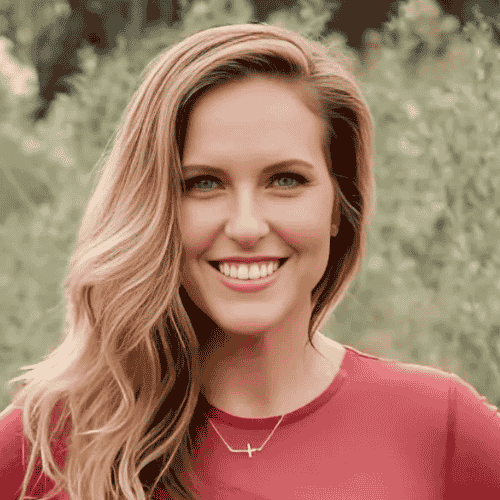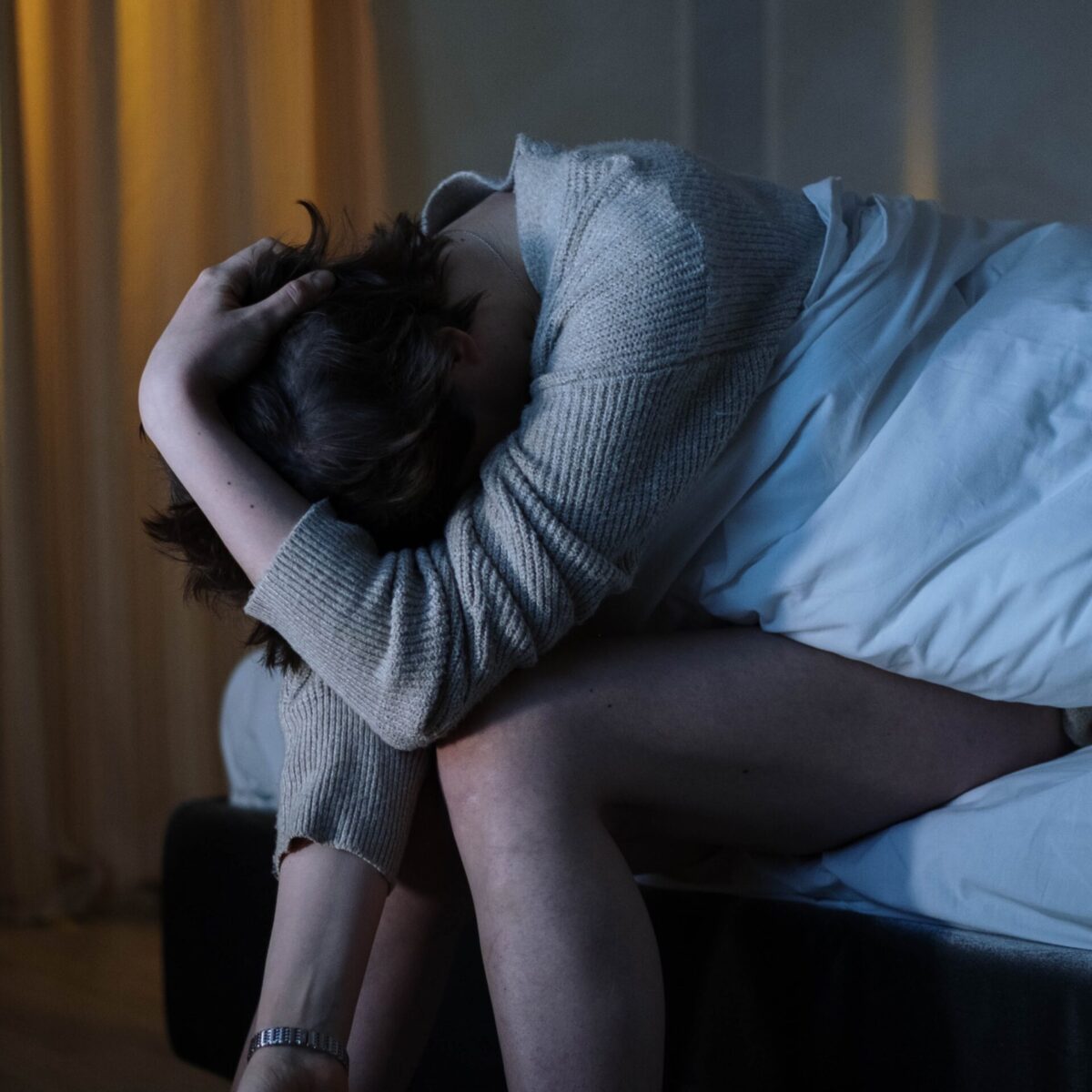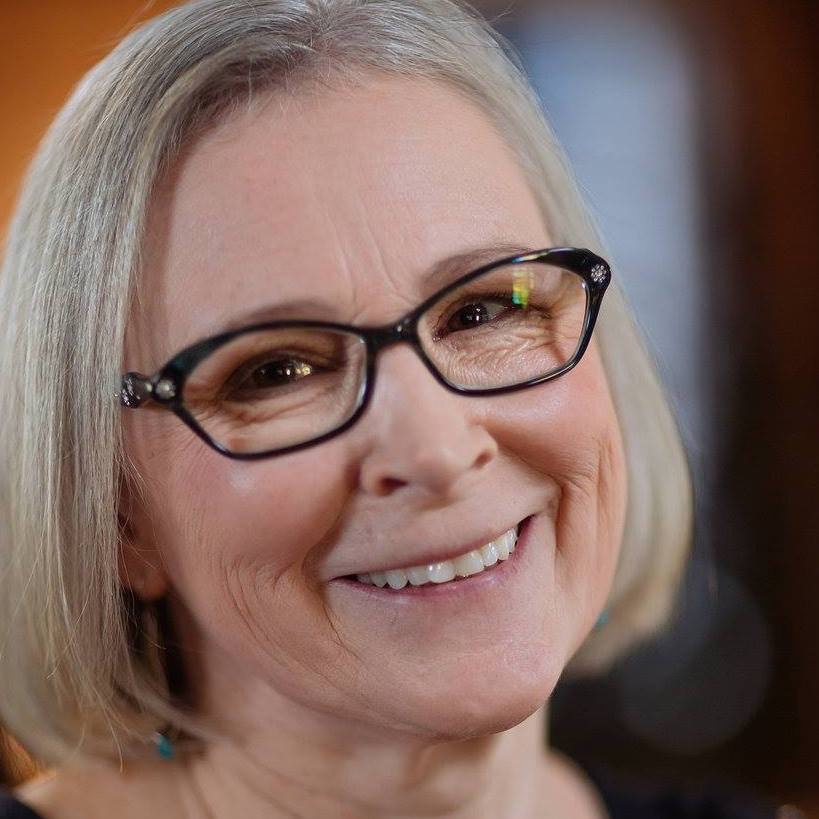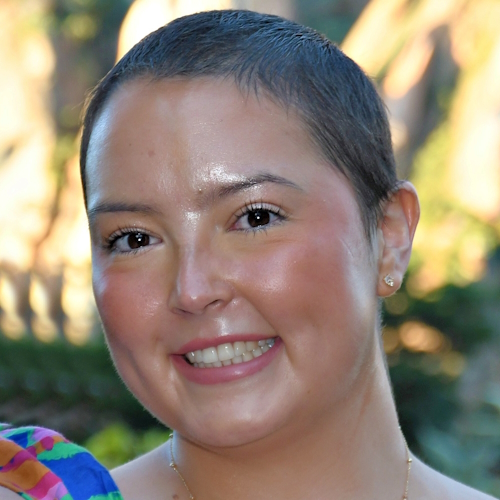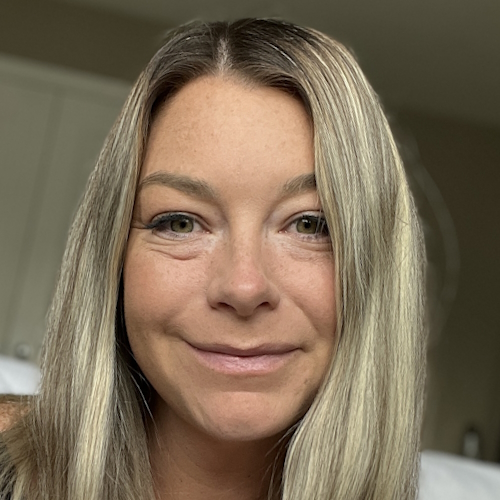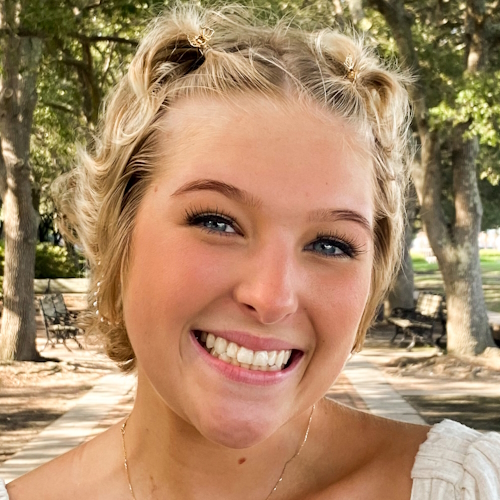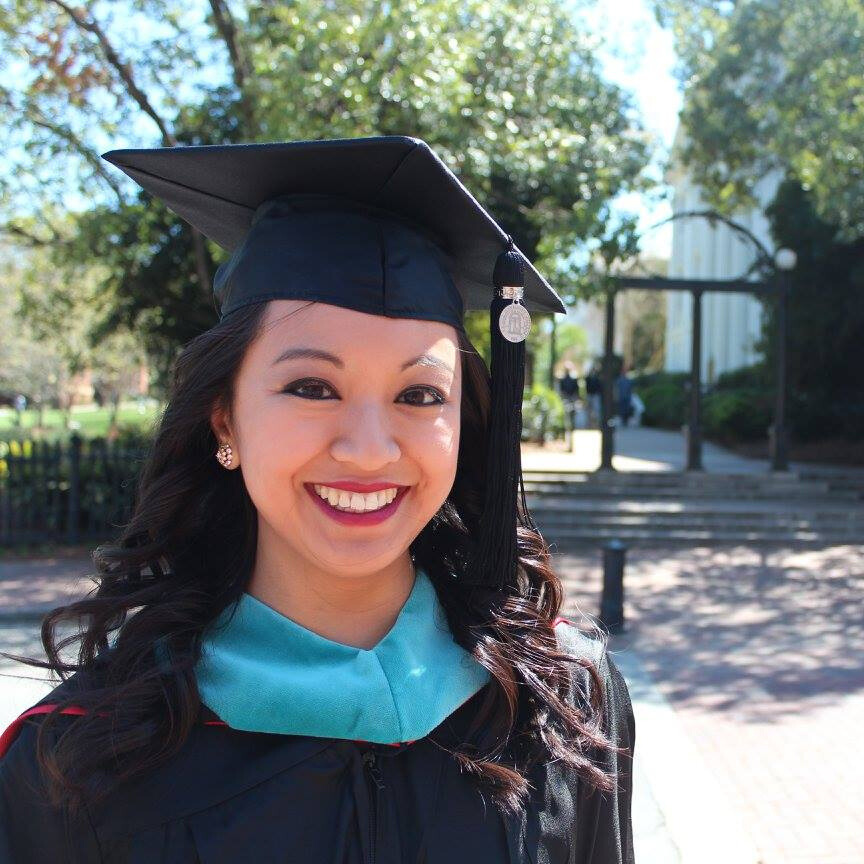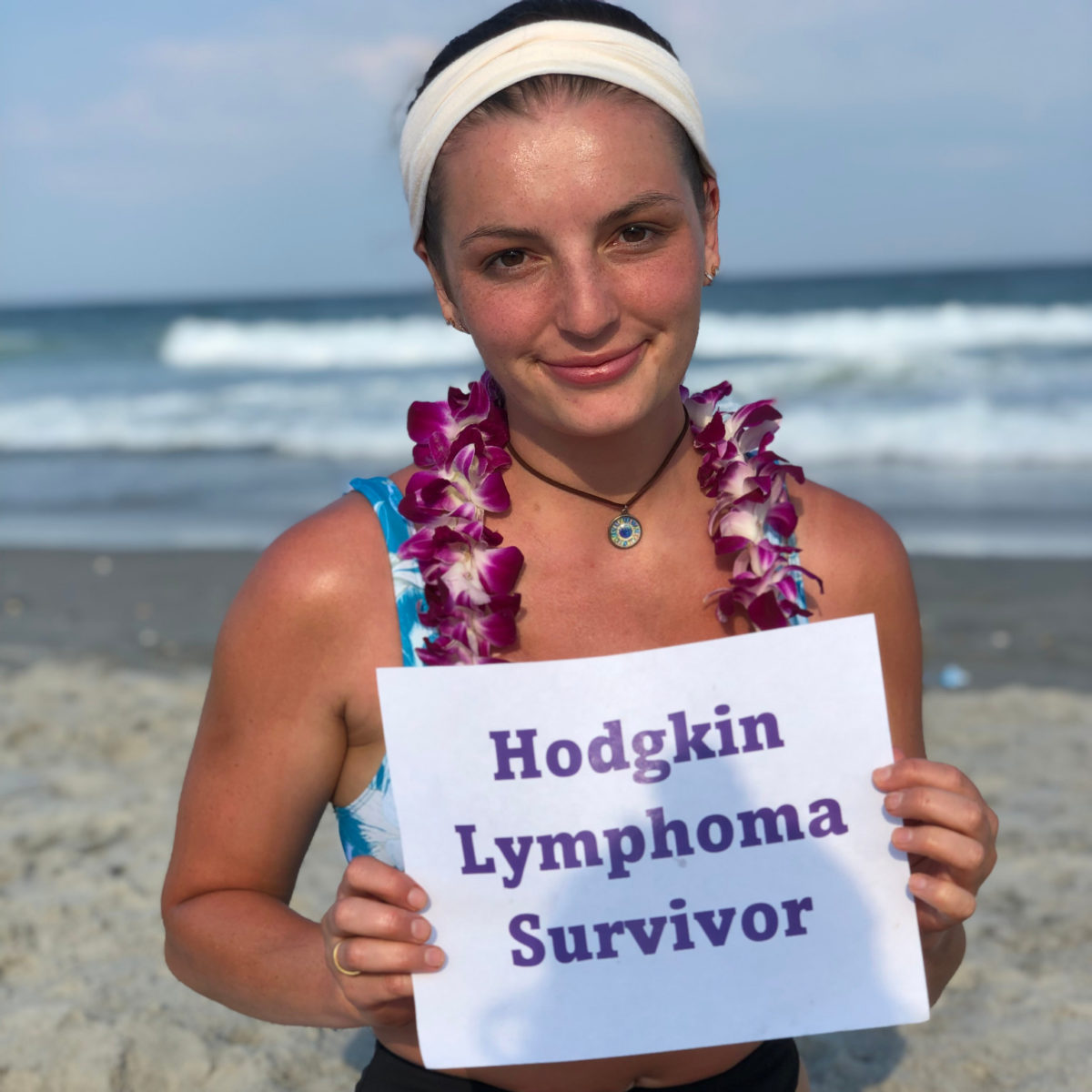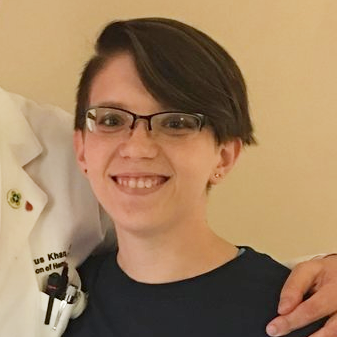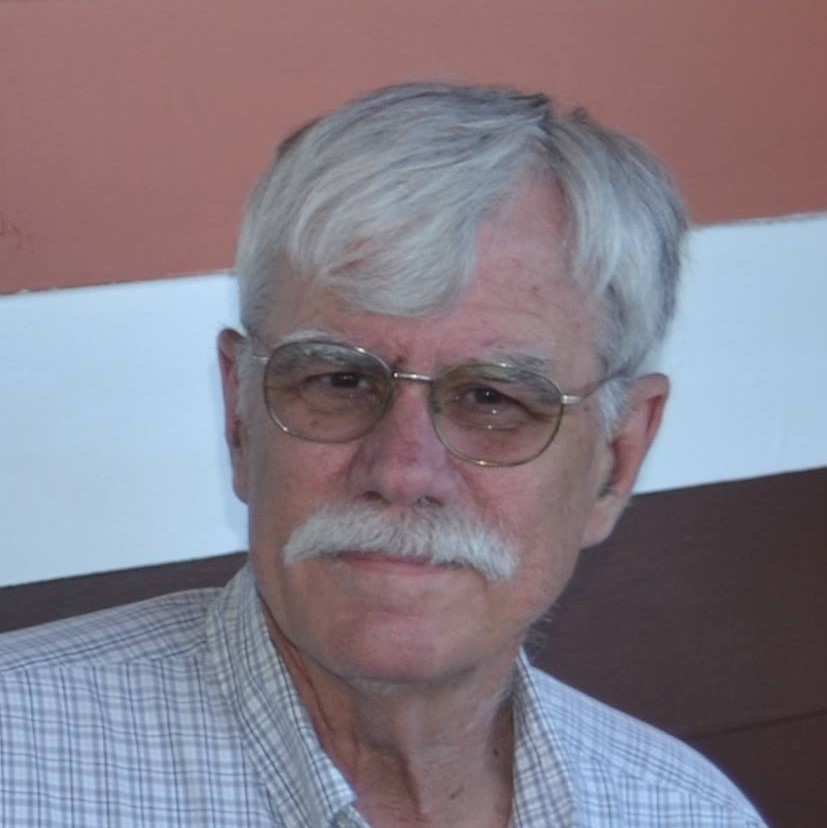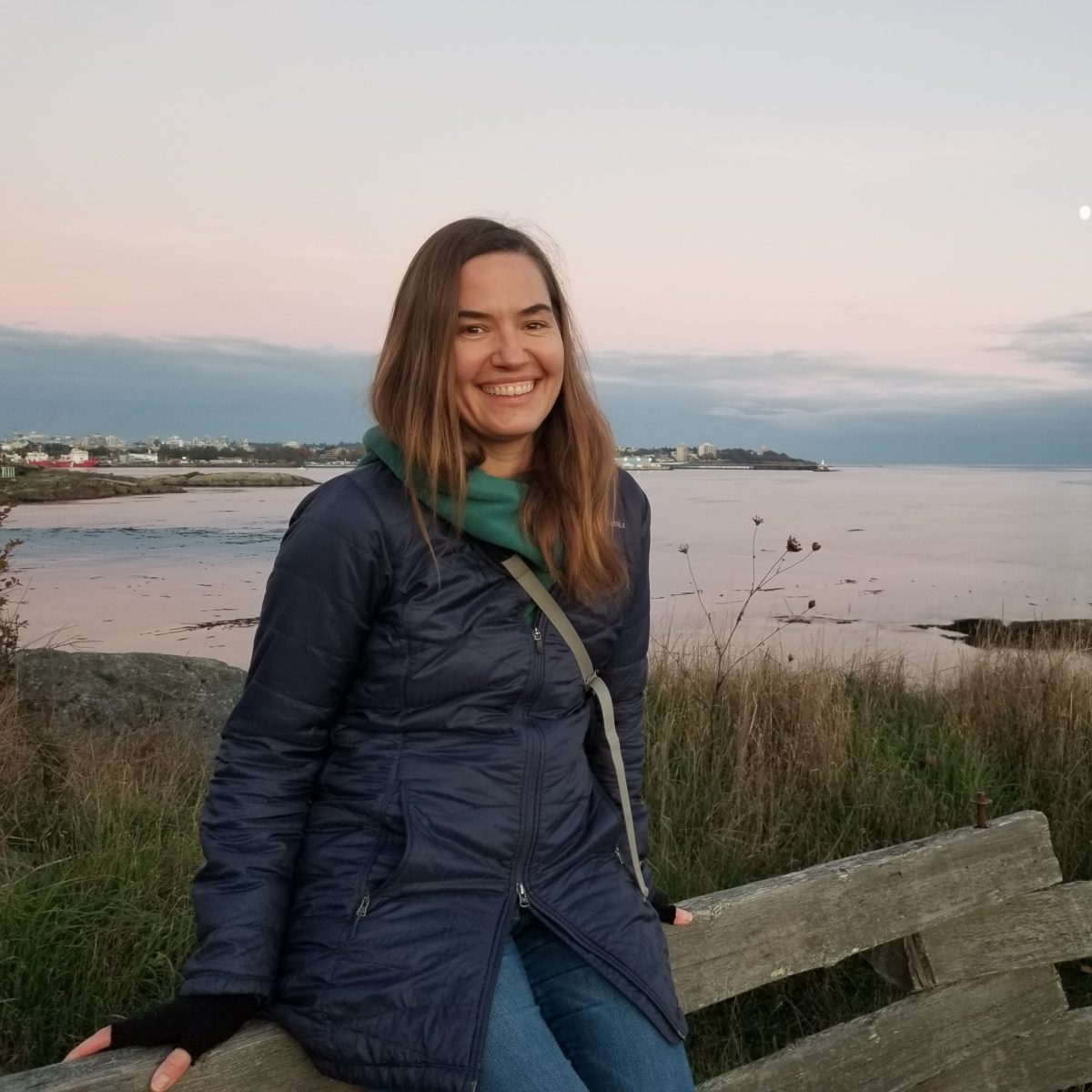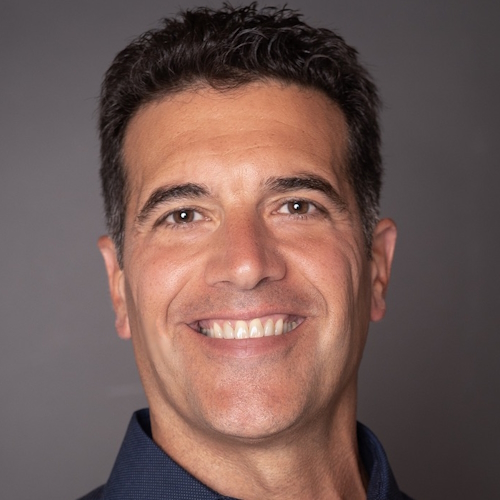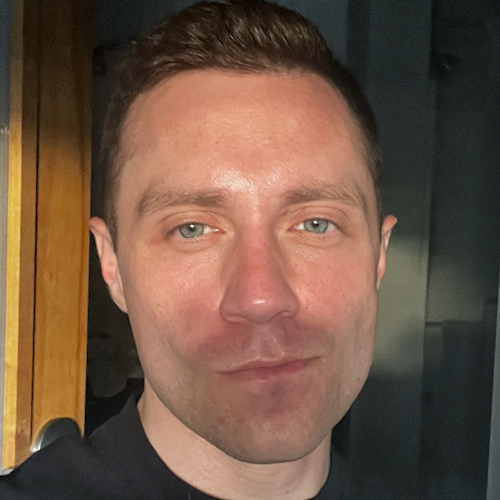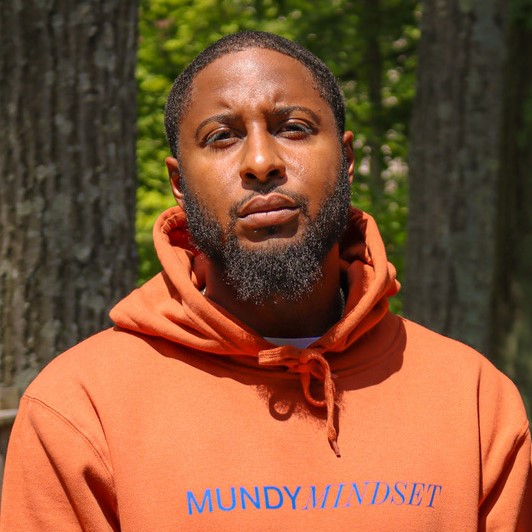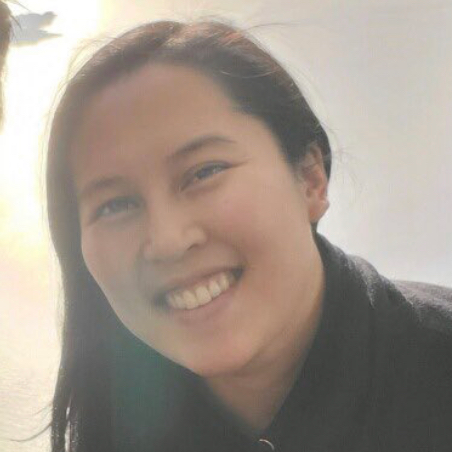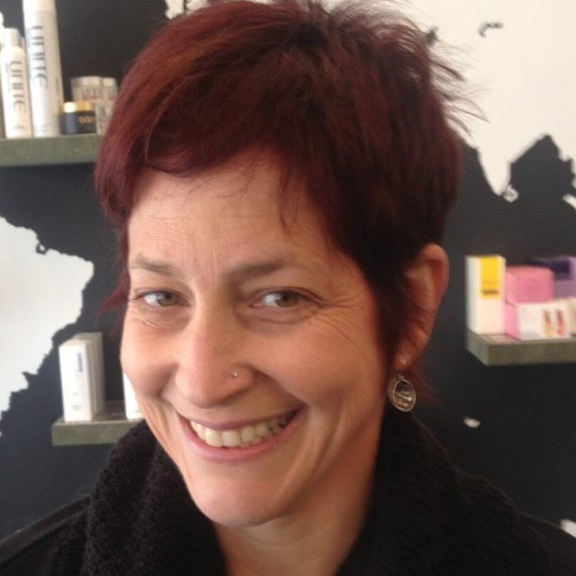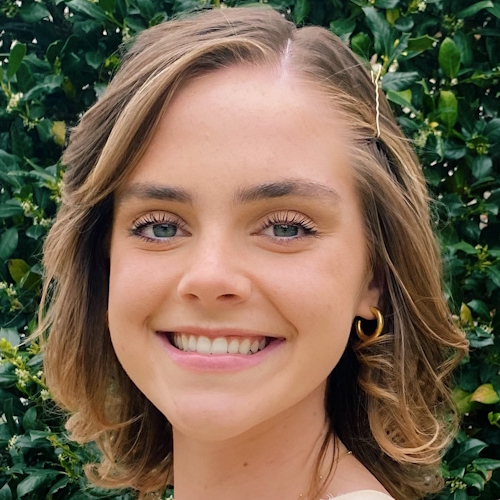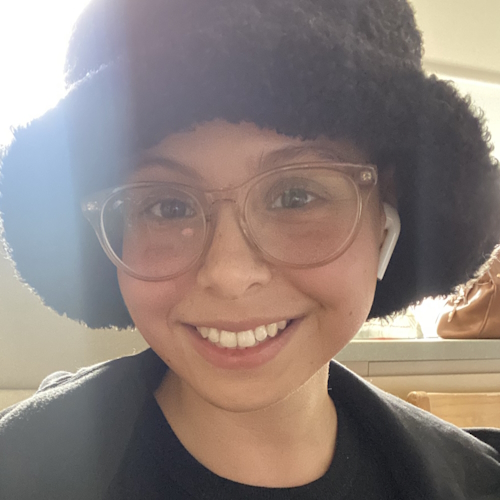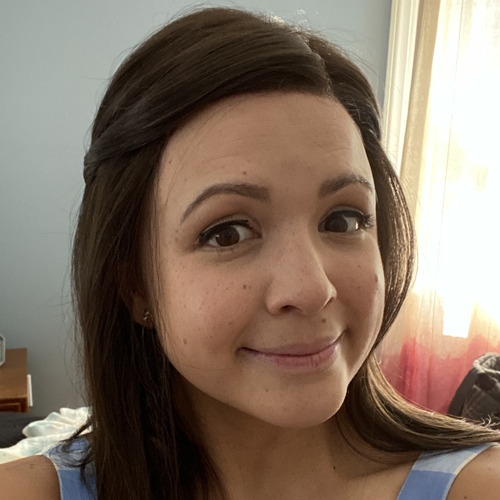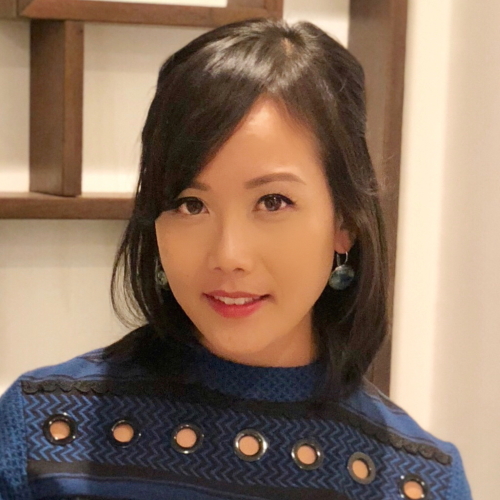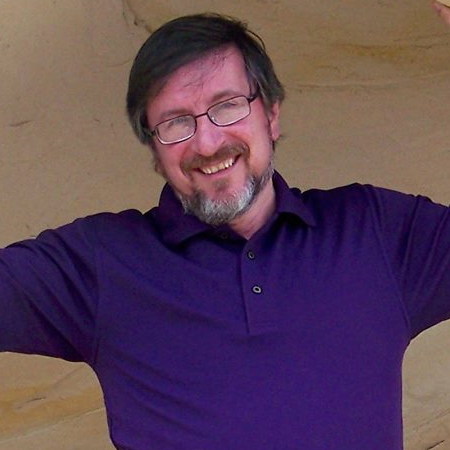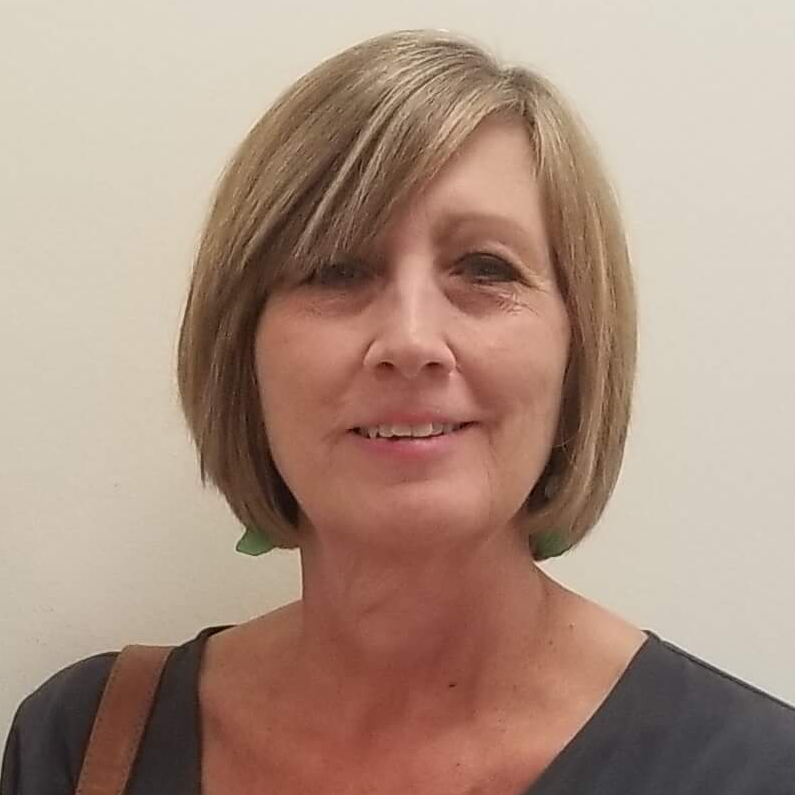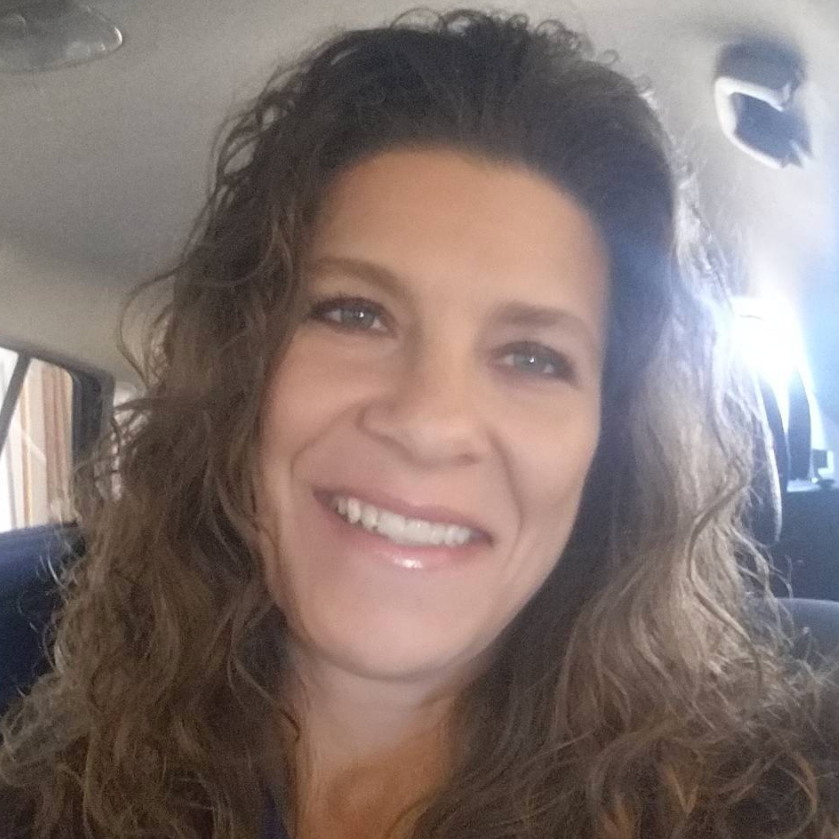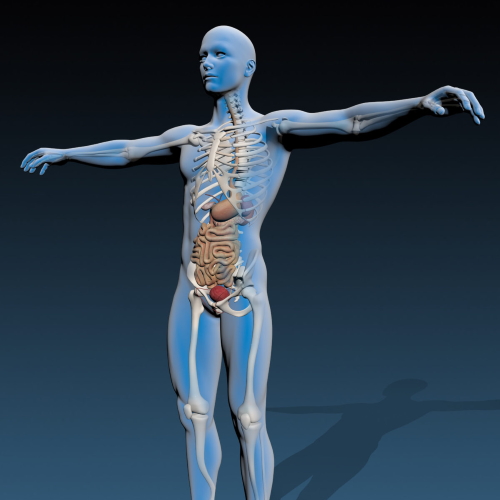Leukemia vs. Lymphoma:
First Symptoms, Diagnosis & Treatment
What is leukemia? What is lymphoma? Read on learn the similarities and differences between the two, their common first symptoms, diagnoses, and treatments.
- Leukemia vs. Lymphoma: What's the difference?
- Main Types of Leukemia
- Main Types of Lymphoma
- Common First Symptoms of Leukemia vs. Lymphoma
- Diagnosis of Leukemia vs. Lymphoma
- Treatment of Leukemia vs. Lymphoma
- Leukemia Stories
- Lymphoma Stories
- Classical Hodgkin Lymphoma
- Nodular Lymphocyte Predominant Hodgkin Lymphoma
- Anaplastic Large Cell Lymphoma (ALCL)
- Chronic Lymphocytic Leukemia (CLL)/ Small Lymphocytic Lymphoma (SLL)
- Diffuse Large B-Cell Lymphoma (DLBCL)
- DLBCL and Burkitt Lymphoma
- Marginal Zone Lymphoma (MZL)
- Primary Mediastinal B-Cell Lymphoma (PMBCL)
- Waldenstrom Macroglobulinemia
- Other Cancer General Info Articles
Leukemia vs. Lymphoma: What’s the difference?

Dr. Timothy Fenske, one of the oncologists who frequently offers guidance to The Patient Story, says:
The short answer is leukemia means you have cancer cells circulating in the blood.
Lymphoma is when you have cancer in the cells in lymph nodes or other organs that are part of the blood system like the spleen.
There are, of course, exceptions. You can see lymphoma show up in just about any organ. Leukemia can present like tumors in the blood.
The most common scenario is that leukemia is circulating in the blood and there are detectable cancer cells in the blood. Whereas a straight lymphoma is when the cells aren’t so much detectable in the blood, but they’re in the lymph nodes. “
Leukemia is a cancer of the white blood cells. White blood cells normally grow and divide as your body needs them. In leukemia, the bone marrow produces abnormal white blood cells and might not undergo apoptosis–or programmed cell death.
Lymphoma is the most common type of blood cancer.
According to the LLS, we expected 82,310 new US cases of lymphoma in 2019. Compare that to leukemia’s 61,780 for the year.
Lymphoma affects lymphocytes, which are a type of white blood cell. Lymphomas usually happen when lymphocytes mutate and behave abnormally or live longer than they’re supposed to.
These abnormal (cancerous) cells can travel through the blood and the lymphatic system just like normal lymphocytes, meaning they can spread to the lymph nodes, spleen, bone marrow, and other organs.
Main Types of Leukemia
There are four main types of leukemia:
- Acute lymphocytic leukemia (ALL). This is the most common type of leukemia in young children. ALL can also occur in adults.
- Acute myeloid leukemia (AML). AML is a common type of leukemia. It occurs in children and adults. AML is the most common type of acute leukemia in adults.
- Chronic lymphocytic leukemia (CLL). With CLL, the most common chronic adult leukemia, you may feel well for years without needing treatment. (May also present as SLL–a lymphoma)
- Chronic myeloid leukemia (CML). This type of leukemia mainly affects adults. A person with CML may have few or no symptoms for months or years before entering a phase in which the leukemia cells grow more quickly.
- Other types. Other, rarer types of leukemia exist, including hairy cell leukemia, myelodysplastic syndromes and myeloproliferative disorders.
Main Types of Lymphoma
- Chronic Lymphocytic Leukemia/Small Lymphocytic Lymphoma (CLL/SLL): CLL/SLL are the same disease with slightly different manifestations. Where the cancerous cells gather determines whether it is called CLL or SLL.
- Hodgkin Lymphoma (HL): There are five types of HL, an uncommon form of lymphoma that involves the Reed-Sternberg cells.
- Non-Hodgkin Lymphoma (NHL): Any lymphoma that does not involve Reed-Sternberg cells is classified as non-Hodgkin lymphoma.
Common First Symptoms of Leukemia vs. Lymphoma
Leukemia usually presents with a change in blood counts, such as severe anemia. This may first show itself as:
- fatigue
- shortness of breath or
- dizziness.
Patients may simply have routine blood work with abnormal results and no other symptoms in some cases.
Typical first symptoms for lymphoma include:
- drenching night sweats
- unexplained weight loss
- fatigue
- enlarged lymph nodes
- abdominal bloating
- back pain
- cough or shortness of breath
- severe itching
In many cases, there are no symptoms, and it may get picked up by a scan done for another reason.
Diagnosis of Leukemia vs. Lymphoma
In testing for leukemia, you’ll most likely undergo a combination of scans and tests. More often than not, you’ll need blood work and a bone marrow biopsy to confirm diagnosis.
For lymphoma, depending on if/where a tumor presents itself, you might need an x-ray or CT scan, blood work, and a needle biopsy or lymph node biopsy to confirm.
Treatment of Leukemia vs. Lymphoma
When talking about the different treatment options for leukemia and lymphoma, it’s important to remember that there are so many different sub-types of each disease and so many other factors that affect an individual’s treatment plan.
“There are 60+ types of lymphoma and at least 10 types of leukemia. Even within lymphoma and leukemia, and even within one disease type it can vary a lot depending on the disease, the patient’s symptoms, age, frailty; whether this is the first treatment or treatment for a relapse; and based on other disease-specific risk factors,” Dr. Fenske says.
For example, we know that for most first-time HL patients, the standard first-line treatment is ABVD chemotherapy, but that doesn’t mean every new HL patient is going to get that treatment. People are individual, and so are treatment plans.
Targeted therapy is a more recent option than traditional chemotherapy and may be paired with other treatments, including chemo. Unlike standard chemotherapy, which affects all cells in the body, targeted therapy directly attacks a specific type of cancer cells, helping to reduce damage to healthy cells and reduce side effects.
Many patients with leukemia or lymphoma may also need blood transfusions if their numbers get too low, and in some cases a stem cell transplant is part of the treatment plan.
Be sure to ask your doctor for all of your options before you make a decision. If you aren’t getting the answers you want, feel free to get a second opinion.
Leukemia Stories
Acute Lymphoblastic Leukemia (ALL)
Lauren M., T-Cell Acute Lymphoblastic Leukemia (T-ALL)
Symptoms: High fever, trouble breathing while lying flat, bad cough, headaches
Treatments: Chemotherapy, radiation, lumbar puncture
Christine M., Acute Lymphoblastic Leukemia (ALL)
Symptoms: Enlarged lymph nodes, pain in abdomen, nausea
Treatments: Chemotherapy, bone marrow transplant
Lauren J., Acute Lymphoblastic Leukemia (ALL)
Symptoms: Extreme fatigue, easily bruised
Treatments: Chemo pills, chemotherapy, spinal taps, total body radiation, bone marrow transplant
Renata R., B-Cell Acute Lymphoblastic Leukemia, Philadelphia chromosome-positive (Ph+ALL)
Symptoms: Fatigue, shortness of breath, nausea, fevers, night sweats
Treatments: Immunotherapy, chemotherapy, TKI, stem cell transplant (tentative)
Pediatric Acute Lymphoblastic Leukemia (Ped ALL)
No post found
Acute Myeloid Leukemia (AML)
Mackenzie P., Acute Myeloid Leukemia (AML)
Symptoms: Shortness of breath, passing out, getting sick easily, bleeding and bruising quickly
Treatments: Chemotherapy (induction and maintenance chemotherapy), stem cell transplant, clinical trials
Grace M., Acute Myeloid Leukemia
Symptom: Headache that persisted for 1 week
Treatments: Chemotherapy, stem cell transplant
Emily T., Cytogenetically Normal Acute Myeloid Leukemia (CN-AML) with NPM1 & FLT3 Wild-Type Mutations
Symptoms: Nosebleeds, fever, chills, small red spots all over the body
Treatments: Chemotherapy, bone marrow transplant
Steve B., Acute Myeloid Leukemia (AML)
Symptom: Low white blood cell count
Treatments: 7+3 chemotherapy, pre-transplant conditioning, stem cell transplant
Chronic Lymphocytic Leukemia (CLL)
Serena V., Chronic Lymphocytic Leukemia (CLL)
Symptoms: Night sweats, extreme fatigue, severe leg cramps, ovarian cramps, appearance of knots on body, hormonal acne
Treatment: Surgery (lymphadenectomy)
Margie H., Chronic Lymphocytic Leukemia
Symptoms: Large lymph node in her neck, fatigue as the disease progressed
Treatment: Targeted therapy
Nicole B., Chronic Lymphocytic Leukemia
Symptoms: Extreme fatigue, night sweats, lumps on neck, rash, shortness of breath
Treatments: BCL-2 inhibitor, monoclonal antibody
Symptoms of CLL
Learn about how some of the common CLL symptoms first present themselves from patients who have been diagnosed with CLL.
Chronic Myeloid Leukemia (CML)
Michele T., Chronic Myeloid Leukemia (CML)
Symptoms: Trouble breathing, rash, bruising
Treatments: Sprycel and Bosulif
Mark K., Chronic Myeloid Leukemia (CML)
Initial Symptoms: Weight loss, low energy, night sweats, enlarged spleen, elevated WBC count, frequent need to urinate
Treatment: Tyrosine kinase inhibitors (TKIs)
Lymphoma Stories
Classical Hodgkin Lymphoma
Jessica H., Hodgkin’s Lymphoma, Stage 2
Symptom: Recurring red lump on the leg (painful, swollen, hot to touch)
Treatment: Chemotherapy
Riley G., Hodgkin’s, Stage 4
Symptoms: • Severe back pain, night sweats, difficulty breathing after alcohol consumption, low energy, intense itching
Treatment: Chemotherapy (ABVD)
Amanda P., Hodgkin’s, Stage 4
Symptoms: Intense itching (no rash), bruising from scratching, fever, swollen lymph node near the hip, severe fatigue, back pain, pallor
Treatments: Chemotherapy (A+AVD), Neulasta
Nodular Lymphocyte Predominant Hodgkin Lymphoma
No post found
Anaplastic Large Cell Lymphoma (ALCL)
Brianna B., Anaplastic Large Cell Lymphoma (ALCL)
Symptoms: Infections, inflammation, high fever, swelling, abdominal pain
Treatments: Chemo, radiation
...
Chronic Lymphocytic Leukemia (CLL)/ Small Lymphocytic Lymphoma (SLL)
Nadia K., Small Lymphocytic Lymphoma (SLL)
Symptoms: Rash, lump under arm, fatigue
Treatments: Ibrutinib and acalabrutinib
Diffuse Large B-Cell Lymphoma (DLBCL)
Jen N., Diffuse Large B-Cell Lymphoma (DLBCL), Stage 4B
Symptoms: Blood-tinged phlegm, whole-body itching, shortness of breath, lump near collarbone, night sweats, upper body swelling, rapid weight loss
Treatments: Chemotherapy, immunotherapy, lumbar puncture, autologous stem cell transplant
Jim Z., Diffuse Large B-Cell Lymphoma (DLBCL)
Symptoms: Sudden and severe head and neck swelling, purplish facial discoloration, bulging neck veins
Treatments: Surgery (resection and reconstruction of the superior vena cava), chemotherapy
Nolan W., T-Cell/Histiocyte-Rich Large B-Cell Lymphoma (T/HRBCL), Stage 4
Symptoms: Debilitating fatigue, flu-like symptoms without a fever, swollen lymph node under the left arm
Treatments: Chemotherapy (R-EPOCH & RICE), bone marrow transplant
Mike E., Diffuse Large B-Cell Lymphoma (DLBCL), Stage 4
Symptom: Persistent, significant back pain
Treatments: Surgery, chemotherapy
DLBCL and Burkitt Lymphoma
No post found
Marginal Zone Lymphoma (MZL)
The Importance of Positive Role Models
The example that Nick's father set for him as he was growing up taught him how to prioritize and advocate for his health.
Nick M., Nodal Marginal Zone Lymphoma
Symptoms: Daily hives, GI issues, weight loss, heart issues, night sweats
Treatments: Rituxan (rituximab), high-dose steroids
Kimberly O., Marginal Zone Lymphoma
Symptoms: None at first, routine blood work showed suspicious results, bad nosebleed
Treatment: Chemotherapy (bendamustine & rituximab)
Rachel P., Marginal Zone Lymphoma, Gastric MALT
Symptoms: Fatigue, bloating, stomach pain
Treatments: Chemotherapy, targeted therapy, surgery
Primary Mediastinal B-Cell Lymphoma (PMBCL)
Lauren D., Primary Mediastinal (PMBCL)
Symptoms: Dry cough, extreme fatigue, trouble breathing, swollen and discolored left arm, lump under the arm
Treatment: Chemotherapy
Daniella S., Primary Mediastinal B-Cell Lymphoma (PMBCL), Stage 2
Symptoms: Prolonged cough; low-grade fever; night sweats
Treatments: Chemotherapy (R-EPOCH), radiation, CAR T-cell therapy
Stephanie V., Primary Mediastinal (PMBCL), Stage 4
Symptoms: Asthma/allergy-like symptoms, lungs felt itchy, shortness of breath, persistent coughing
Treatments: Pigtail catheter for pleural drainage, video-assisted thoracoscopic surgery (VATS), R-EPOCH chemotherapy (6 cycles)
Stephanie Chuang
Stephanie Chuang, founder of The Patient Story, celebrates five years of being cancer-free. She shares a very personal video diary with the top lessons she learned since the Non-Hodgkin lymphoma diagnosis.
Waldenstrom Macroglobulinemia
...
Pete D., Waldenstrom Macroglobulinemia
Symptom: Irregular blood test results during a regular workup for Crohn’s
Treatments: Chemotherapy, surgery, radiation, monthly IVIG
...
Sheree N., Waldenstrom Macroglobulinemia
Symptom: Feeling anemic
Treatment: Chemotherapy (bendamustine & rituximab)
...
